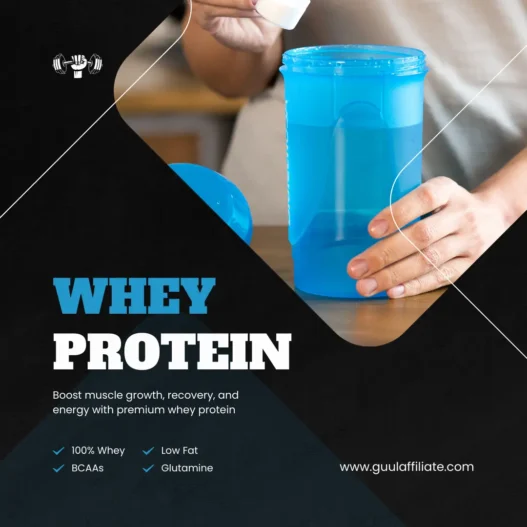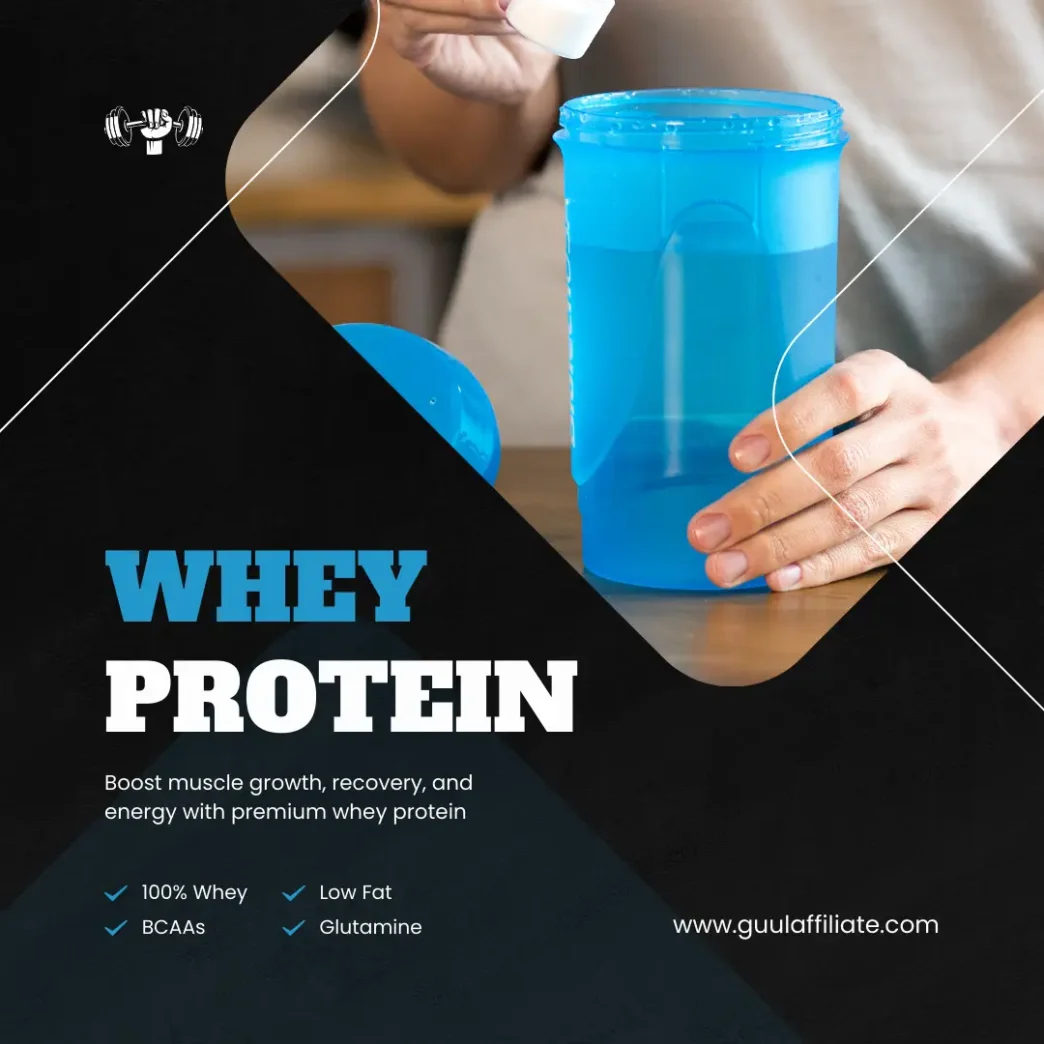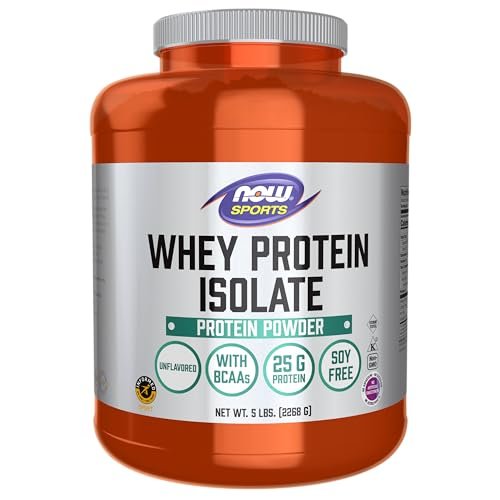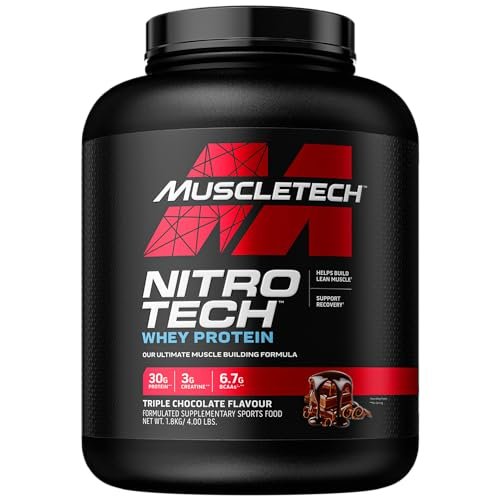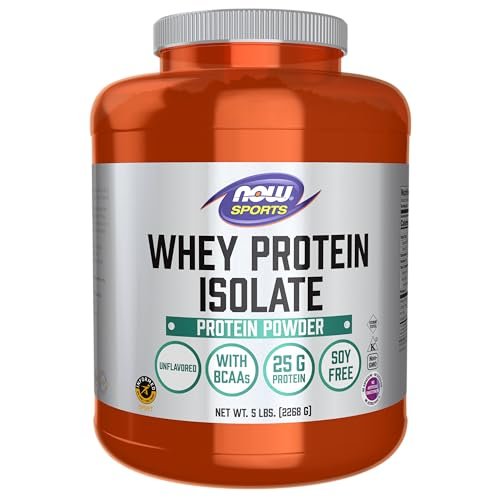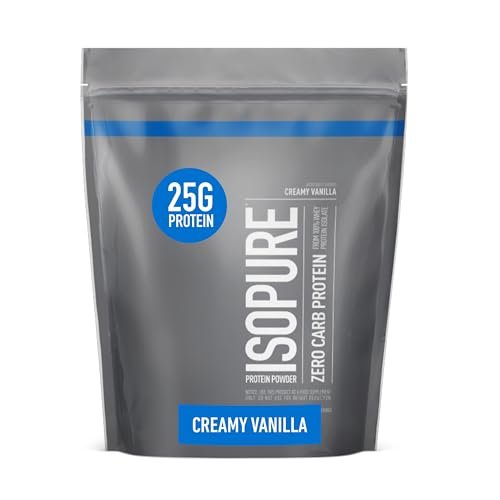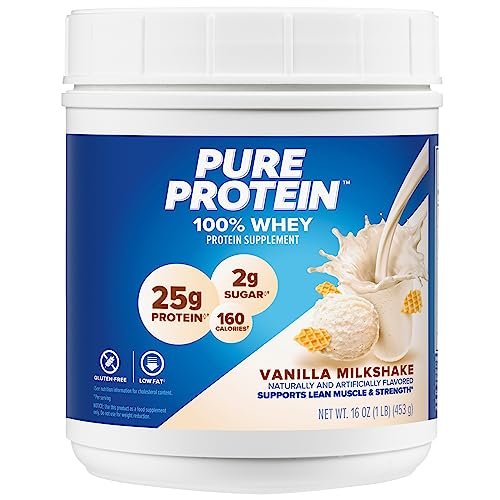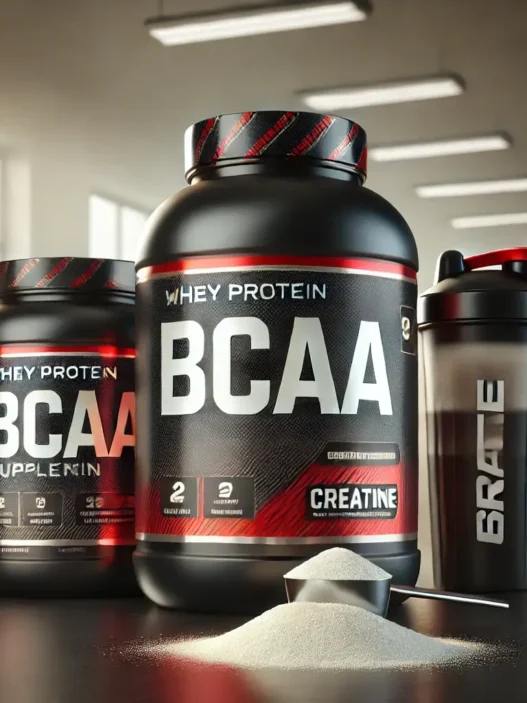The Benefits of Whey Protein Powder for Muscle Gain
Understanding Whey Protein: What It Is and How It Works
Whey protein is a high-quality protein derived from milk during the cheese-making process. It consists of two main proteins: casein and whey, with whey being the liquid portion. This by-product undergoes various processes to concentrate and purify the protein content, leading to different forms of whey protein—whey protein concentrate, isolate, and hydrolysate. Whey protein concentrate typically contains about 70-80% protein, while whey protein isolate is more refined, boasting a protein content of over 90%. Hydrolyzed whey protein is partially broken down, making it easier for the body to absorb. Each form has its unique benefits and applications based on dietary needs and fitness goals.
The efficacy of whey protein in promoting muscle recovery and growth can be attributed to its rich amino acid profile. Whey protein is particularly notable for containing a high proportion of essential amino acids (EAAs) and branched-chain amino acids (BCAAs), which are vital for muscle synthesis. EAAs must be obtained through the diet, as the body cannot synthesize them. Among these, leucine is particularly crucial because it plays a key role in stimulating muscle protein synthesis. Notably, BCAAs—leucine, isoleucine, and valine—are directly metabolized within muscle tissues, promoting repair and reducing muscle breakdown during exercise.
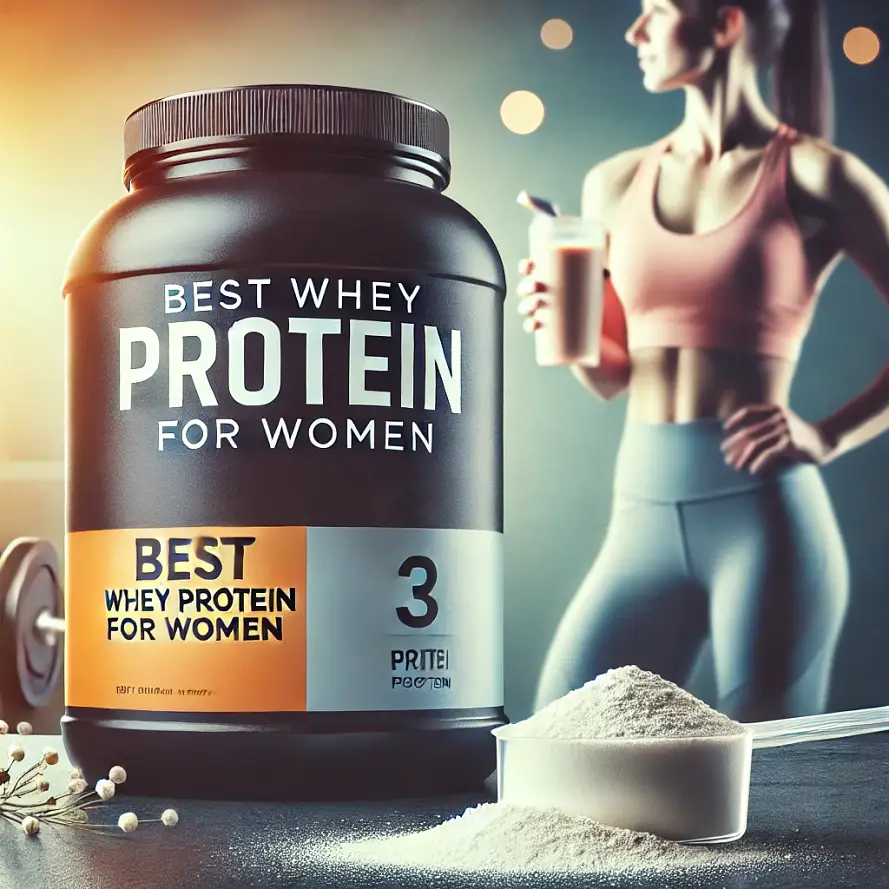
Upon consumption, whey protein is rapidly digested and absorbed, leading to a quick elevation in amino acid levels in the bloodstream. This swift increase makes it an ideal post-workout supplement, as the influx of amino acids helps initiate the recovery process shortly after exercise. The combination of its origin, biochemical properties, and rich amino acid profile reinforces the role of whey protein as a valuable tool for athletes and those looking to enhance their muscle recovery and growth.
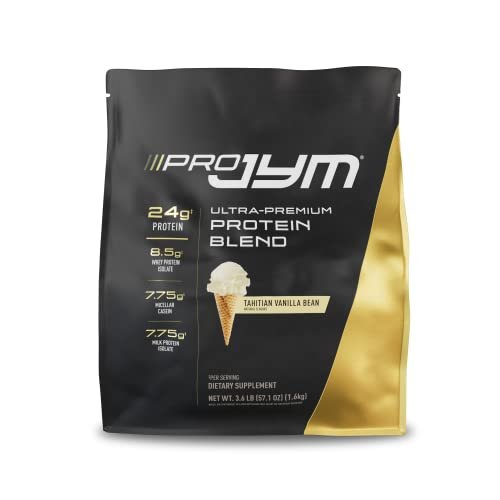
Pro JYM Tahitian Vanilla Protein Powder – Whey Protein Isolates, …
- ISOLATE BLEND – Scientific studies have shown that a blend is considerably better for maximizing muscle-building than st…
- GREAT TASTE – No other protein powder surpasses the great taste, texture, and nutrition of Pro JYM. Simply mix with wate…
- PERFECT RATIO – Pro JYM contains the ideal ratio of the three optimum proteins for building muscle: 50% casein, 40% whey…
Understanding Whey Protein: What It Is and How It Works
Protein is an essential macronutrient that plays a vital role in the health and well-being of individuals, particularly for women pursuing muscle gain. The recommended dietary allowance (RDA) for protein varies, but for women, it is generally advised to consume at least 46 grams per day. However, for those engaging in strength training or looking to build muscle, this requirement can significantly increase. Experts suggest that women aiming to gain muscle might benefit from a protein intake ranging from 1.2 to 2.0 grams per kilogram of body weight, depending on their activity level and training intensity.
Protein is critical not only for muscle repair and growth but also for maintaining overall body composition. When women include adequate protein in their diets, they support their bodies in recovering from workouts, reducing muscle soreness, and minimizing injury risk. A sufficient protein intake can lead to improved metabolic rates, as protein has a higher thermic effect compared to fats and carbohydrates, aiding weight management and body composition goals.
Despite the misconception that protein intake is largely associated with male athletes, women also stand to gain from a robust protein-rich diet. Increased protein consumption can aid muscle development, boost strength, and enhance performance in exercise. Furthermore, protein helps maintain lean body mass, regulates appetite, and supports hormone production, all contributing to a woman’s overall health. Incorporating sources of protein such as whey protein powder, lean meats, legumes, and dairy into daily meals can provide the necessary nutrients for muscle recovery and growth. By recognizing the importance of protein, women can empower themselves to engage more confidently in fitness routines and achieve their muscle gain objectives.
Incorporating Whey Protein into Your Fitness Regimen
Incorporating whey protein powder into a fitness regimen requires strategic planning to maximize its benefits for muscle gain. One of the most popular methods is to prepare shakes or smoothies. For a quick and convenient post-workout recovery drink, simply mix a scoop of whey protein with water or milk, and add fruits, greens, or nut butter for additional nutrients. This not only enhances taste but also boosts the nutritional profile of the shake.
For those who prefer solid foods, whey protein can be seamlessly integrated into various recipes. Adding it to oatmeal, pancakes, or baked goods like muffins can help increase the protein content without sacrificing flavor. When using whey protein in cooking, it is important to replace a portion of the flour or other dry ingredients to keep the texture balanced.
Timing is crucial when it comes to protein intake. Consuming whey protein soon after exercising, typically within 30 minutes, facilitates better recovery and muscle synthesis. However, women should also consider pre-workout nutrition by having a protein-rich snack, such as yogurt with whey, to provide energy and support muscles during workouts.
To fully leverage the benefits of whey protein, women should combine it with other nutrient sources. Pairing whey protein with carbohydrates, such as fruits or whole grains, can improve glycogen replenishment and enhance recovery. Additionally, incorporating healthy fats, like avocado or chia seeds, can contribute to overall nutrient absorption and satiety.
By adopting these practical tips, women can effectively incorporate whey protein powder into their daily routines, optimizing their fitness efforts while promoting muscle gain and overall health.
Choosing the Right Whey Protein Powder: Tips and Recommendations
When selecting a whey protein powder, several factors need to be considered to ensure that the product aligns with your dietary goals and health requirements. First and foremost, it is crucial to read the product label carefully. Look for whey protein isolate or concentrate as the primary ingredient, as these forms are known for their high protein content and quality. The protein content should be clearly stated per serving, with a minimum of 20 grams per scoop for effective muscle gain.
Next, examine the ingredient list. Opt for whey protein powders with minimal ingredients. Ideally, your choice should contain whey protein alongside natural flavorings and sweeteners. Avoid products that include artificial colors, preservatives, and excessive sugars, as these additives can detract from the health benefits of the protein supplement. Ingredients such as maltodextrin or partially hydrogenated oils should also be flagged, since they can add unwanted calories and fats.
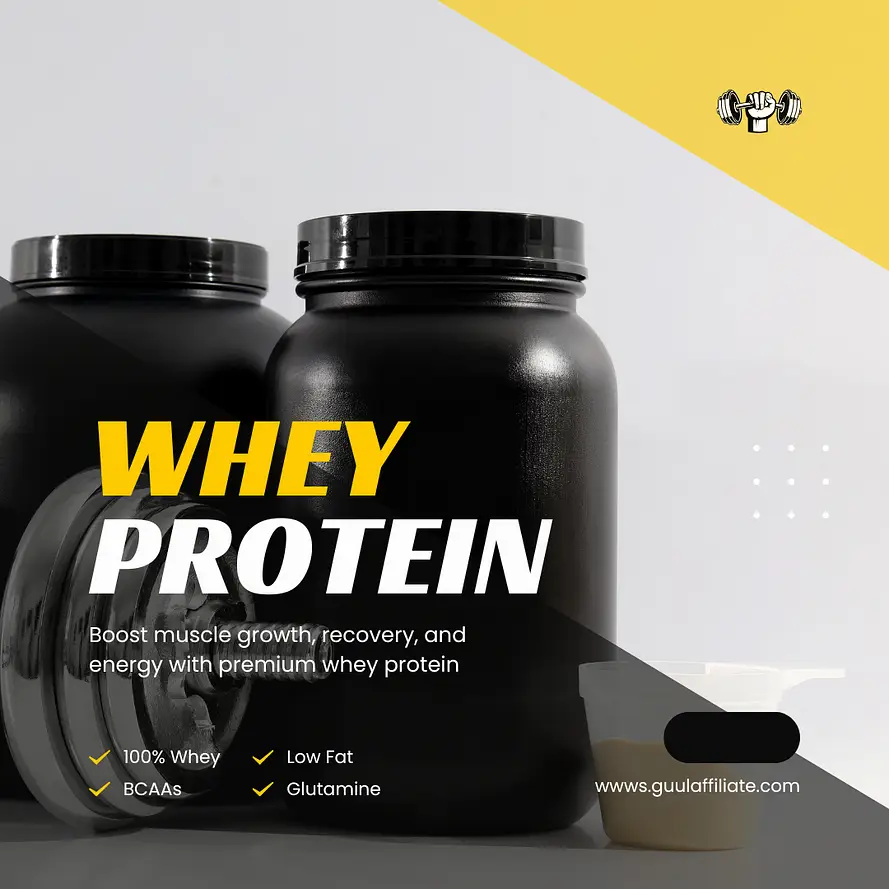
Dietary restrictions should also play a crucial role in your decision-making. For individuals with lactose intolerance, a whey protein isolate may be the preferred option due to its lower lactose content. Moreover, some brands offer plant-based proteins or alternatives if dairy is unsuitable. Make sure to check for any allergens listed on the packaging and consider your personal dietary needs.
When it comes to flavor, selecting a protein powder that appeals to your taste preferences is essential. Many brands offer various flavors, from classic vanilla and chocolate to more adventurous options, ensuring you will find a pleasant-tasting product that encourages regular use.
Lastly, research reputable brands known for quality and transparency. Look for certifications such as NSF Certified for Sport or Informed-Sport, which can assure you of the product’s purity and quality. Keeping these considerations in mind will help you choose a whey protein powder that suits your individual needs and enhances your fitness journey.
Table of Contents
- The Benefits of Whey Protein Powder for Muscle Gain
- The Importance of Protein in a Woman’s Diet for Muscle Gain
- Incorporating Whey Protein into Your Fitness Regimen
- Choosing the Right Whey Protein Powder: Tips and Recommendations



